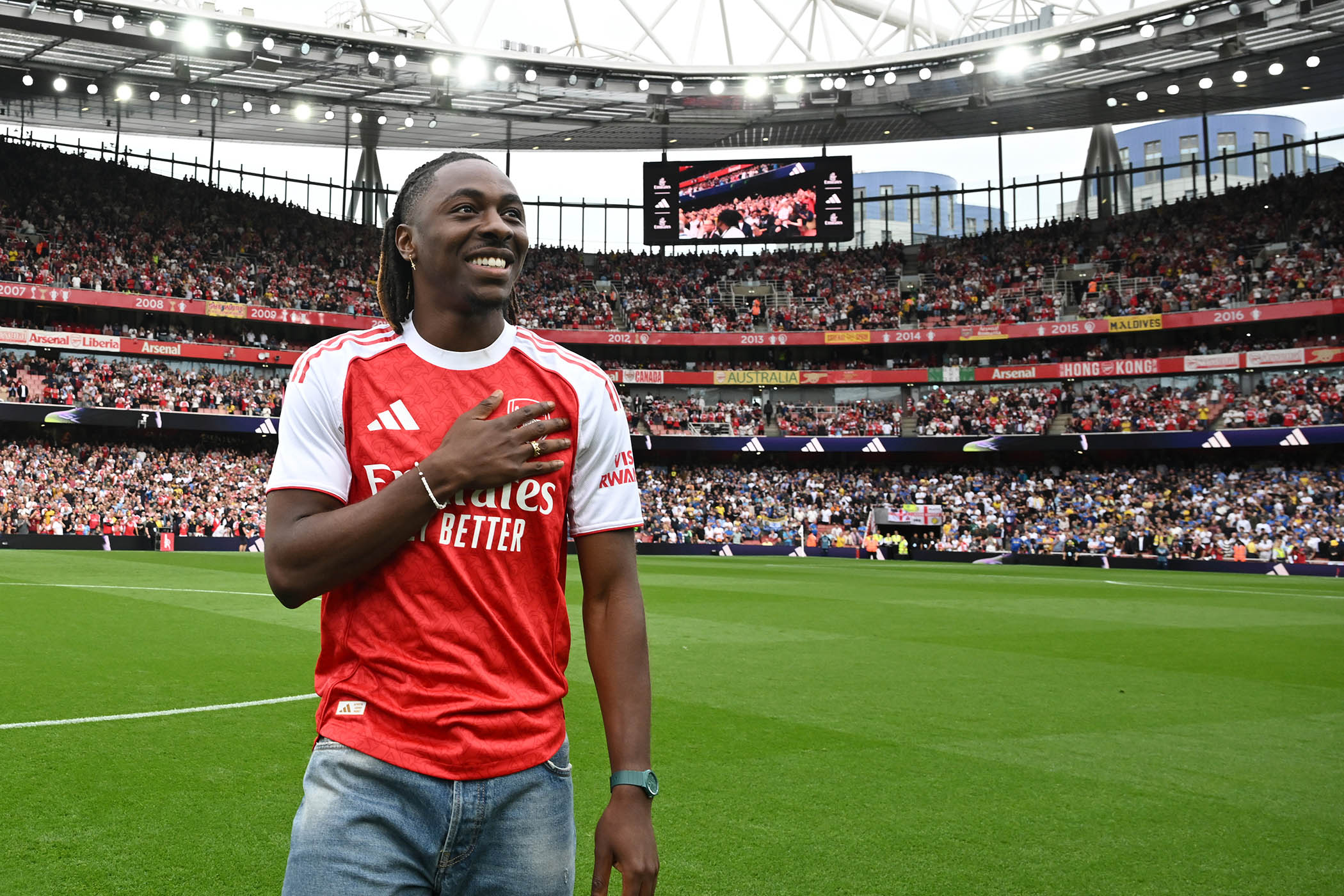After a record-breaking summer, Premier League clubs finally had to close their wallets last night. By the time the transfer window shut at 7pm, the 20 teams in England’s top men’s division had spent close to £3 billion on players.
So what? The Premier League has never been shy about dropping eye-watering amounts of money on new recruits, but the past two months have been exceptional even by its spendthrift standards. That combined outlay
•
easily passes the previous high watermark of £2.5 billion in 2023;
•
shows the financial dominance of the league over its European rivals; and
•
confirms that transfer jostling, rumours and rancour have become a sport in their own right.
Bucking the trend. Last season was one of the most open and most competitive in recent memory. Even though Liverpool eased to the Premier League title, England’s two other major domestic honours went to Crystal Palace and Newcastle.
The latter qualified for the Champions League. Nottingham Forest made it into the Europa League. Manchester United and Tottenham, two traditional powers, finished 15th and 17th.
Restoring order. The country’s elite dedicated the summer to making sure this does not happen again. Liverpool have spent more than any other club over the past two months. Their owners, the Boston-based Fenway Sports Group, have broken the British transfer record twice in a matter of weeks.
First they signed Florian Wirtz, a German playmaker, for a fee that may rise as high as £116 million. Then they got Alexander Isak from Newcastle for £125 million. In total, Liverpool have spent nearly half a billion retooling their squad.
Asset stripping. Signing Isak has proved arduous and acrimonious, but is indicative of what appears to be a deliberate strategy from the league’s established elite.
•
Chelsea took a striker from Brighton.
•
Arsenal plucked a playmaker from Crystal Palace.
•
Manchester United signed players from Wolves and Brentford.
Sides that expect to be competing for honours have not just strengthened their own ranks but weakened teams that dared to challenge their supremacy last season.
Player power. Isak’s approach to forcing Newcastle’s hand, going so far as to release a statement on Instagram insisting that his relationship with the club could not be repaired, might have been provocative. But it may also have been necessary. Thanks to TV deals, Premier League’s clubs are so wealthy there is very little economic incentive for them to sell players.
How to act. Those who wish to leave, for whatever reason, increasingly have little choice but to agitate, use the power of their platform, and risk fan anger in the process. Two players Newcastle wanted to replace Isak, Yoane Wissa and Jørgen Strand Larsen, employed similar techniques. Wissa succeeded.
Newsletters
Choose the newsletters you want to receive
View more
For information about how The Observer protects your data, read our Privacy Policy
Super league. It’s telling that roughly a third of the money spent by Premier League clubs this summer has been in the domestic market. For buyers, it’s the safest bet. They can be reasonably sure their new signings will be able to cope with the demands of the league. For the selling teams, although they may be reluctant to see a star move to a direct rival, there is often no other option. The Premier League’s wealth is completely out of line with the rest of Europe.
A word of caution. For all the rewards brought by the league’s riches, this is not ideal. There are only a handful of teams in Europe – and maybe a few more in Saudi Arabia – that can compete with even lesser Premier League sides on fees and wages.
It is no surprise then that the other great trend of the summer has been clubs gathering their unwanted players, often expensive signings from previous years, in so-called ‘bomb squads’.
For the uninitiated… these are holding pens in which footballers are placed until they can be offloaded and money from their sales used to buy someone else. The sport has never felt more transactional.



